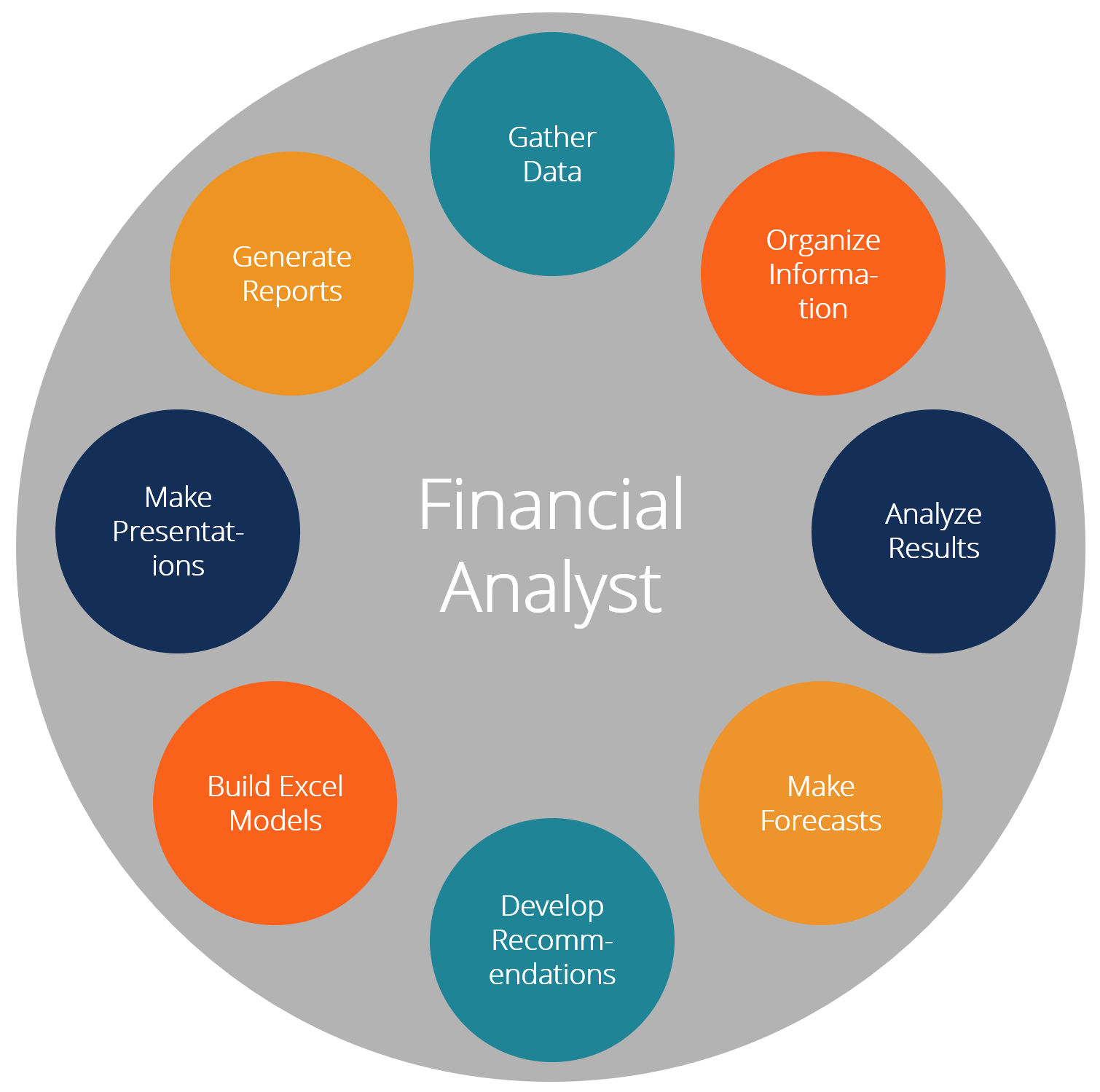What Does a Financial Analyst Do?
Introduction
Financial analysts play a crucial role in the world of business and finance. They are professionals who assess the financial health of companies and provide valuable insights to guide decision-making processes. This article aims to provide a comprehensive overview of the responsibilities and duties of a financial analyst, highlighting the skills required for the role and the impact they have on organizations.
Understanding the Role of a Financial Analyst
1. Analyzing Financial Data
One of the primary responsibilities of a financial analyst is to analyze financial data. They meticulously examine various financial statements, including income statements, balance sheets, and cash flow statements. By scrutinizing these documents, financial analysts can identify trends, patterns, and anomalies that can provide valuable insights into a company’s performance and financial stability.
2. Conducting Financial Forecasting and Planning
Financial analysts also play a crucial role in forecasting and planning. They use historical data, market trends, and industry analysis to develop financial models that predict a company’s future performance. By evaluating these forecasts, businesses can make informed decisions regarding investments, expansion plans, and financial strategies.
3. Assessing Investment Opportunities
Financial analysts are responsible for evaluating potential investment opportunities. They research and analyze market conditions, industry trends, and competitor performance to determine the viability and profitability of different investments. This involves conducting in-depth financial research, performing risk assessments, and calculating investment returns to provide recommendations to stakeholders.
4. Monitoring Financial Performance
Monitoring the financial performance of a company is an ongoing responsibility of financial analysts. They track key financial indicators and ratios, assess deviations from projected results, and identify potential risks or areas of improvement. By providing regular financial reports and updates, analysts help management make informed decisions to optimize the company’s financial performance.

What does a financial analyst do?
5. Conducting Due Diligence
Financial analysts are often involved in conducting due diligence for mergers, acquisitions, or partnerships. They thoroughly examine the financial records, contracts, and legal documents of the target company to assess its financial health and identify any potential risks or liabilities. Their findings help organizations make informed decisions and negotiate favorable terms during business transactions. For CBD tax ashfield bookkeeper see here.
6. Recommending Financial Strategies
Based on their extensive analysis and research, financial analysts recommend financial strategies to improve a company’s financial position. They assess the company’s capital structure, evaluate the effectiveness of financial policies, and propose adjustments to optimize cash flow, reduce costs, or increase profitability. Their recommendations can significantly impact the financial stability and growth of an organization.
Skills and Qualifications Required
To excel as a financial analyst, certain skills and qualifications are essential:
1. Financial Acumen
A strong foundation in financial knowledge is crucial for financial analysts. They must have a deep understanding of financial concepts, accounting principles, and financial markets. This includes knowledge of financial modeling, valuation techniques, and risk assessment methodologies.
2. Analytical Skills
Financial analysts must possess excellent analytical skills to interpret complex financial data, identify trends, and draw meaningful conclusions. They should be able to use statistical analysis and data visualization tools effectively to present their findings to stakeholders.

3. Communication Skills
Effective communication is vital for financial analysts to convey their findings and recommendations to management, clients, and other stakeholders. They must be able to present complex financial information in a clear and concise manner, both verbally and in written reports.
4. Attention to Detail
Attention to detail is critical in financial analysis. Analysts need to meticulously review financial statements, perform accurate calculations, and spot potential errors or inconsistencies. A small oversight can have significant implications for decision-making.
5. Business and Industry Knowledge
Financial analysts should have a solid understanding of the industry in which the company operates. This knowledge helps them contextualize financial data and make relevant recommendations. Staying updated with industry trends and market dynamics is crucial for accurate analysis.
Conclusion
Financial analysts play a vital role in assessing the financial health of companies and providing crucial insights for decision-making. Their skills in analyzing financial data, conducting financial forecasting, assessing investment opportunities, and recommending financial strategies contribute to the success and stability of organizations. By possessing the necessary skills and qualifications, financial analysts can have a significant impact on the financial well-being and growth of businesses.

